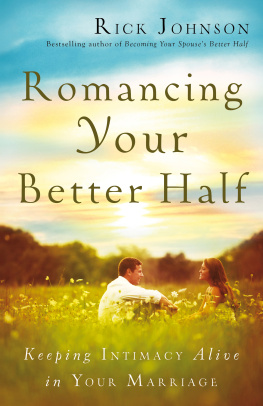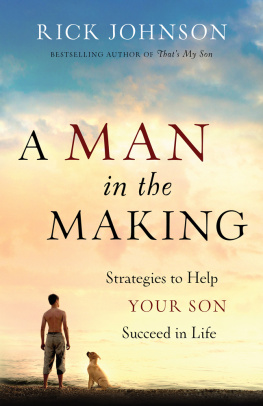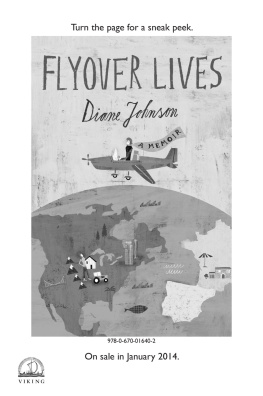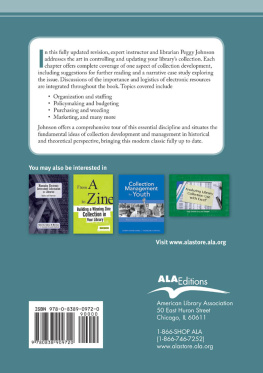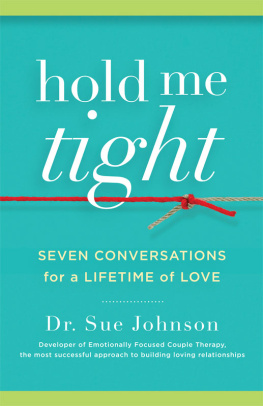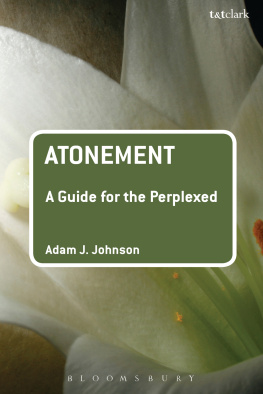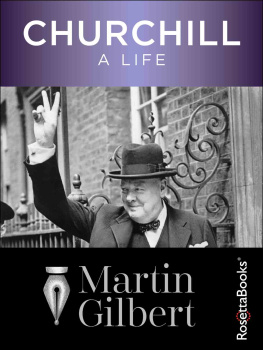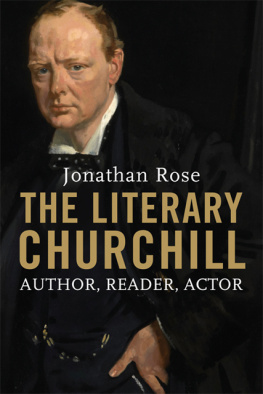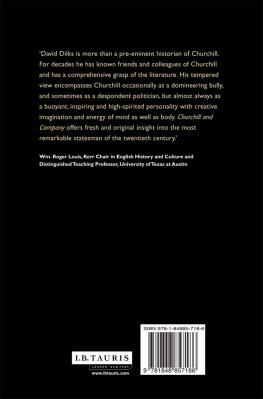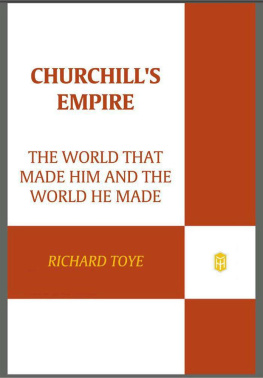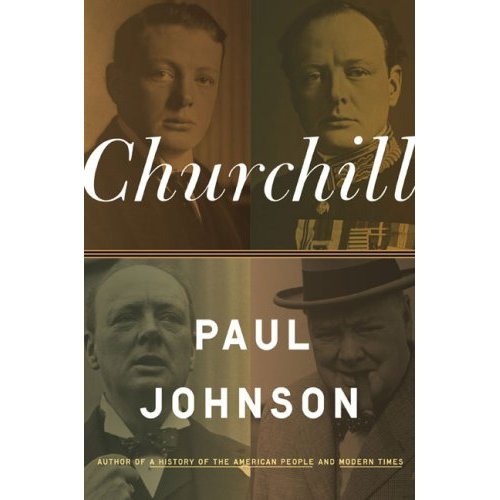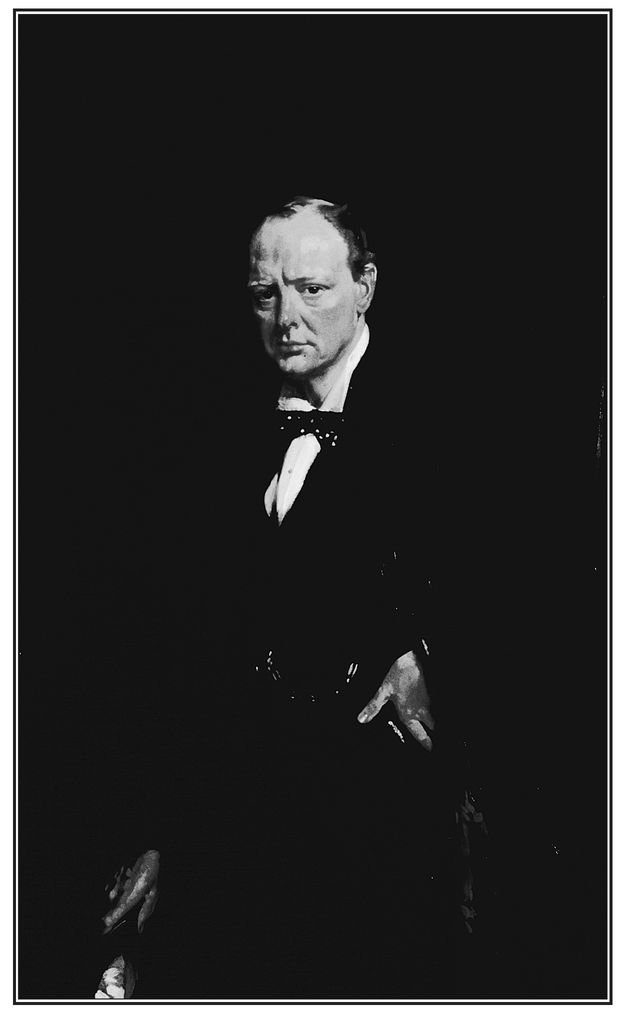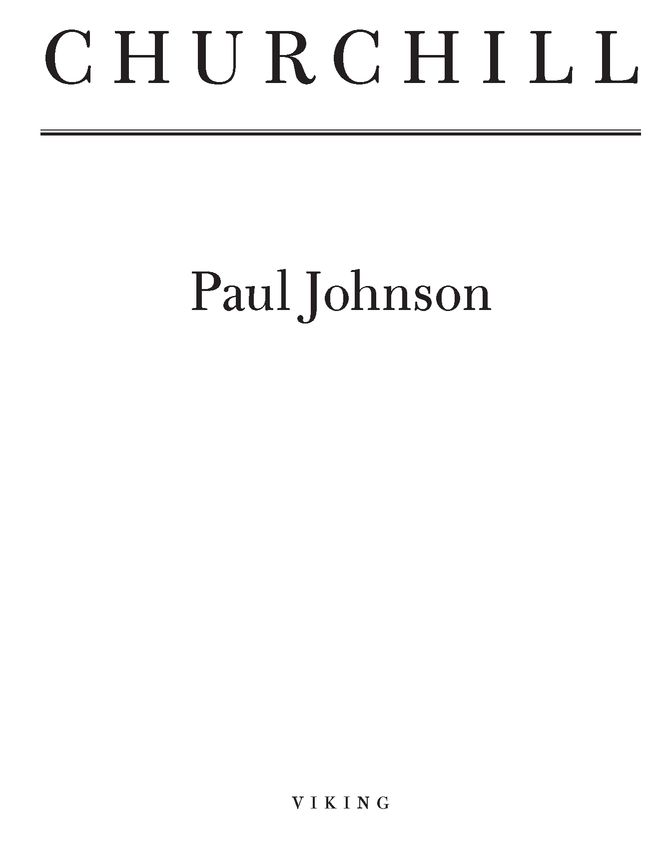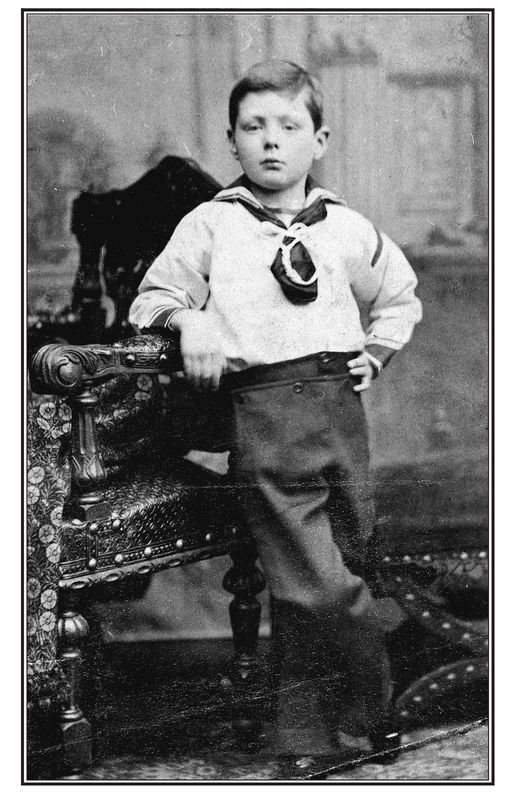Table of Contents
ALSO BY PAUL JOHNSON
Modern Times: The World from the Twenties to the Nineties
A History of the Jews
The Birth of the Modern: World Society 1815-1830
Intellectuals: From Marx and Tolstoy to Sartre and Chomsky
A History of the American People
Art: A New History
George Washington: The Founding Father
Creators: From Chaucer and Drer to Picasso and Disney
Napoleon: A Penguin Life
Heroes: From Alexander the Great and Julius Caesar
to Churchill and de Gaulle
VIKING
Published by the Penguin Group
Penguin Group (USA) Inc., 375 Hudson Street,
New York, New York 10014, U.S.A.
Penguin Group (Canada), 90 Eglinton Avenue East, Suite 700, Toronto,
Ontario, Canada M4P 2Y3 (a division of Pearson Penguin Canada Inc.)
Penguin Books Ltd, 80 Strand, London WC2R 0RL, England
Penguin Ireland, 25 St. Stephens Green, Dublin 2, Ireland
(a division of Penguin Books Ltd)
Penguin Books Australia Ltd, 250 Camberwell Road, Camberwell,
Victoria 3124, Australia (a division of Pearson Australia Group Pty Ltd)
Penguin Books India Pvt Ltd, 11 Community Centre,
Panchsheel Park, New Delhi-110 017, India
Penguin Group (NZ), 67 Apollo Drive, Rosedale, North Shore 0632,
New Zealand (a division of Pearson New Zealand Ltd)
Penguin Books (South Africa) (Pty) Ltd, 24 Sturdee Avenue,
Rosebank, Johannesburg 2196, South Africa
Penguin Books Ltd, Registered Offices: 80 Strand, London WC2R 0RL, England
First published in 2009 by Viking Penguin, a member of Penguin Group (USA) Inc.
Copyright Paul Johnson, 2009
All rights reserved
Photograph credits appear on pages 169-70.
library of congress cataloging-in-publication data
Johnson, Paul, 1928
Churchill / by Paul Johnson.
p. cm.
Includes bibliographical references and index.
eISBN : 978-1-101-14929-4
1. Churchill, Winston, 1874-1965. 2. Prime ministersGreat BritainBiography.
3. Great BritainPolitics and government20th century. I. Title.
DA566.9.C5J64 2009
941.084092dc22
[B] 2009008326
Without limiting the rights under copyright reserved above, no part of this publication may be reproduced, stored in or introduced into a retrieval system, or transmitted, in any form or by any means (electronic, mechanical, photocopying, recording or otherwise), without the prior written permission of both the copyright owner and the above publisher of this book.
The scanning, uploading, and distribution of this book via the Internet or via any other means without the permission of the publisher is illegal and punishable by law. Please purchase only authorized electronic editions and do not participate in or encourage electronic piracy of copyrightable materials. Your support of the authors rights is appreciated.
http://us.penguingroup.com
This book is dedicated
to my eldest son, Daniel
Chapter One
Young Thruster
Of all the towering figures of the twentieth century, both good and evil, Winston Churchill was the most valuable to humanity, and also the most likable. It is a joy to write his life, and to read about it. None holds more lessons, especially for youth: How to use a difficult childhood. How to seize eagerly on all opportunities, physical, moral, and intellectual. How to dare greatly, to reinforce success, and to put the inevitable failures behind you. And how, while pursuing vaulting ambition with energy and relish, to cultivate also friendship, generosity, compassion, and decency.
No man did more to preserve freedom and democracy and the values we hold dear in the West. None provided more public entertainment with his dramatic ups and downs, his noble oratory, his powerful writings and sayings, his flashes of rage, and his sunbeams of wit. He took a prominent place on the public stage of his country and the world for over sixty years, and it seemed empty with his departure. Nor has anyone since combined so felicitously such a powerful variety of roles. How did one man do so much, for so long, and so effectively? As a young politician, he found himself sitting at dinner next to Violet Asquith, daughter of the then chancellor of the exchequer. Responding to her question, he announced: We are all worms. But I really think I am a glow worm. Why did he glow so ardently? Let us inquire.

Winston Leonard Spencer Churchill was born on November 30, 1874. His parents were Lord Randolph Churchill, younger son of the 7th Duke of Marlborough, and Jennie, second of the four daughters of Leonard Jerome, financier, of Chicago and New York. The birth was due to take place in London, in a Mayfair mansion the young couple had taken, where all was prepared. But during a visit to Blenheim Palace, Lord Randolphs home, Jennie had a fall, and her child was born two months prematurely in a ground-floor bedroom at the palace, hastily got ready. Thus the characteristic note was struck: the unexpected, haste, risk, danger, and drama. The birth pangs were eight hours long and exhausting, but the child was very healthy, also wonderfully pretty. He had red hair, described as the colour of a bronze putter, fair, pink skin, and strong lungs. He later boasted that his skin was exceptionally delicate and forced him always to wear silk next to it. He claimed he had never owned or worn a pair of pajamas in his life. Like his mother, he was active and impulsive and so accident prone, but of organic disease he was little troubled for most of a long life. Though he suffered from deafness in old age, he had no disabilities other than a slight lisp (almost undetectable on recordings). For this reason he took great care of his teeth. He went to the best dentist of his time, Sir Wilfred Fish, who designed his dentures, which were made by the outstanding technician Derek Cudlipp. (They are preserved in Londons Royal College of Surgeons Museum.) He also took care of his health, appointing, as soon as he was able, a personal physician, Charles McMoran Wilson, whom he made Lord Moran (Fish was rewarded with a knighthood). Churchill also ate heartily, especially steak, sole, and oysters. He daily sipped large quantities of whiskey or brandy, heavily diluted with water or soda. Despite this, his liver, inspected after his death, was found to be as perfect as a young childs. Churchill was capable of tremendous physical and intellectual efforts, of high intensity over long periods, often with little sleep. But he had corresponding powers of relaxation, filled with a variety of pleasurable occupations, and he also had the gift of taking short naps when time permitted. Again, when possible, he spent his mornings in bed, telephoning, dictating, and receiving visitors. In 1946, when I was seventeen, I had the good fortune to ask him a question: Mr. Churchill, sir, to what do you attribute your success in life? Without pause or hesitation, he replied: Conservation of energy. Never stand up when you can sit down, and never sit down when you can lie down. He then got into his limo.


